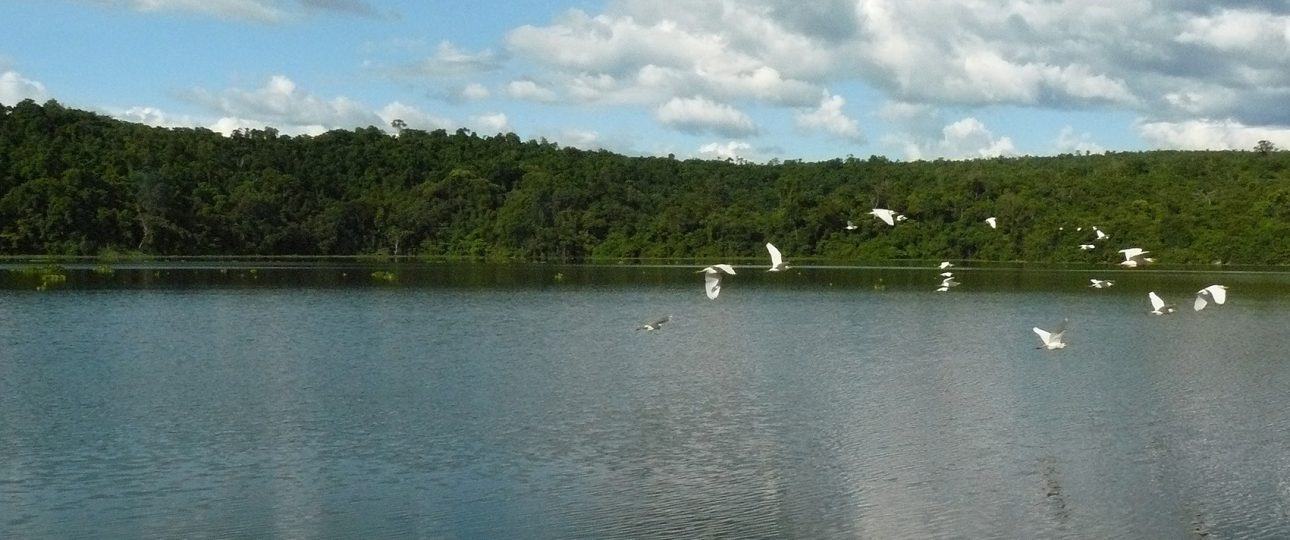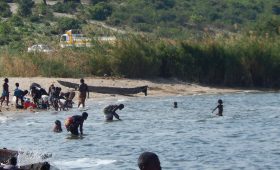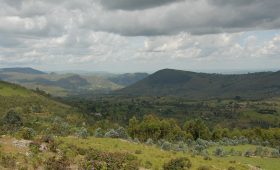Exploring Ankarafantsika National Park: A Guide to Madagascar’s Diverse Wilderness
Location and Overview
Ankarafantsika National Park is located in northwestern Madagascar, between the Betsiboka and Mahajamba Rivers. It covers approximately 135,000 hectares and is accessible via Route 4. The park is a mix of dense dry tropical forests, savannahs, and sandy eroded rock areas. The indigenous Sakalava people farm some of the land, adding a cultural layer to the natural landscape. Visitors will find a network of trails and paths, as well as lodging facilities and guides to enhance their experience.
Unique Flora and Fauna
The park’s biodiversity is remarkable, with over 800 plant species, many endemic to Madagascar. Noteworthy plants include the flowering bush mpanjakabenitany (Baudouinia fluggeiformis), the medicinal katrafay (Cedrelopsis grevei), and the large tree sakoanala (Poupartia silvatica).
Ankarafantsika is a sanctuary for diverse wildlife. It hosts ten amphibian species and 44 reptile species, including the rare Madagascan big-headed turtle and the rhinoceros chameleon. The park is home to eight lemur species, including two mouse lemurs, the world’s smallest primates. Bird enthusiasts can spot 129 bird species, over half of which are endemic. Notable birds include the Van Dam’s vanga, the banded kestrel, and the Madagascar fish eagle, often seen at Lake Ravelobe.
Best Time to Visit
Visit during the dry season, from April to November, for the best experience. The weather is more predictable, and trails are accessible. Wildlife spotting is optimal from July to September, as animals congregate around water sources.
How to Get There
Fly into Amborovy Airport in Mahajanga, the nearest city to the park. From there, it’s about a two-hour drive to the park. Public transportation is also an option. Buses and minibusses run between Mahajanga and Ankazobe, where you can catch a local taxi-brousse to the park. This route offers a chance to engage with locals and experience the culture.
Local Transportation
Once at Ankarafantsika, explore on foot. The park’s trails offer various perspectives of its natural wonders. Guided tours are available for those interested in learning more about the flora, fauna, and conservation efforts. For a different view, rent a canoe to explore the lakes and rivers. Always follow safety guidelines and respect the ecosystem.
Accommodation Options
The park offers a range of accommodations. For a rustic experience, camp at one of the park’s campsites. If you prefer comfort, choose from several lodges and guesthouses that provide modern amenities while immersing you in nature. Enjoy local cuisine and relax after a day of exploration.




